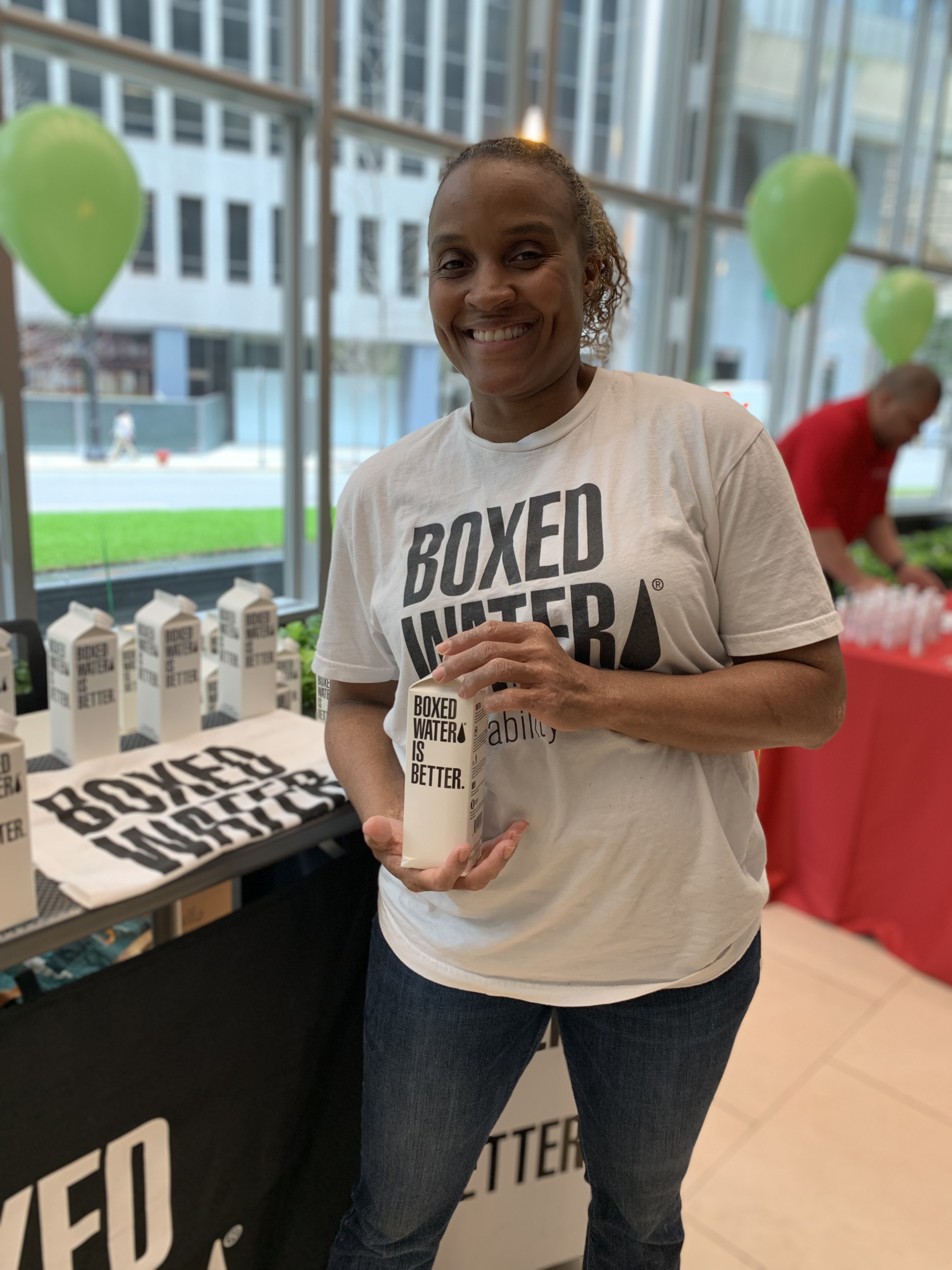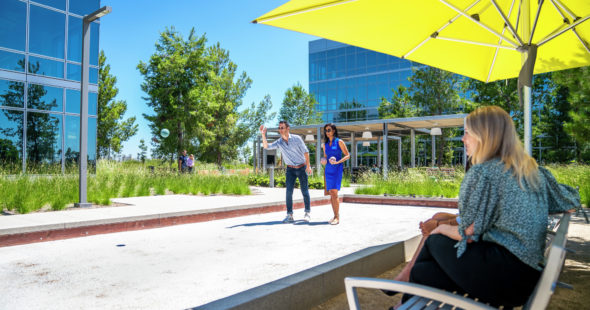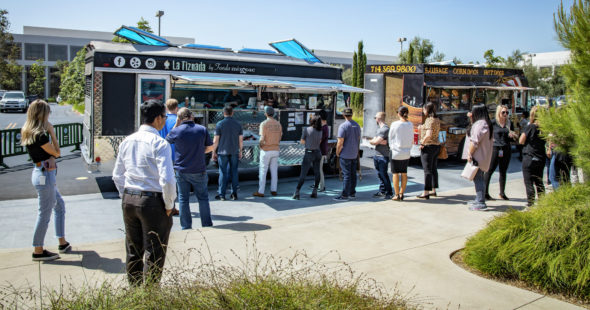
Corporate Citizenship is an ongoing business practice that defines how a company functions as a public ethical entity. With socially-focused values becoming the new normal, there is a mandate for workplaces to become increasingly socially accountable. In this recent Forbes article, Daniella Foster, Senior Director of Corporate Responsibility at Hilton says “The bottom line: Sustainable and inclusive growth is good business and the companies that have aligned their business growth strategies to their ethics will be a step ahead in future-proofing their business.”
Today, this sort of workplace citizenship is moving in a direction that goes beyond performing goodness and into delivering goodness. This means that companies are now prioritizing inclusion, empathy and sustainability as strategic corporate values, especially at a time when they are competing to attract and retain a new generation of talented employees.
Hilary Smith, EVP of Corporate Communications and Social Impact at NBCUniversal states, “Today, employees, particularly millennials, expect to work for a company that gives back.” With this in mind, there is clarity for what supports employee retention and it isn’t just an abstract concept that is out of reach. In fact, it is much more approachable (and beneficial) to bake it into your company’s mission.
More and more employees are utilizing their power to be vocal about their support for a sense of purpose and value in their workplace. Daryl Brewster, CEO of CECP: The CEO Force For Good explains, “Leading companies are listening to and supporting the needs of their employees, and providing tools and resources to elevate those voices.”
As reported by Benevity in 2018, turnover is reduced by 57% for employees actively engaged in company giving and volunteering efforts. Further, 76% of employees feel personally and professionally fulfilled report that their company has a strong sense of purpose.
Daryl Brewster explains that even the term diversity and inclusion is turning toward the idea of belonging, so that it is “less about checking boxes and more about shifting the culture to create an environment where everyone can thrive and feel engaged.” In an environment where employees’ needs are cared for and their voices are heard, people are more willing to stay, participate and enjoy their time at work.
Workplace social responsibility in 2019 isn’t just another item on a to-do list. It is a continuous process ingrained in an entity’s DNA. In order for companies to earn reputations as workplaces that value belonging, they must do the work to make people feel like they belong.





